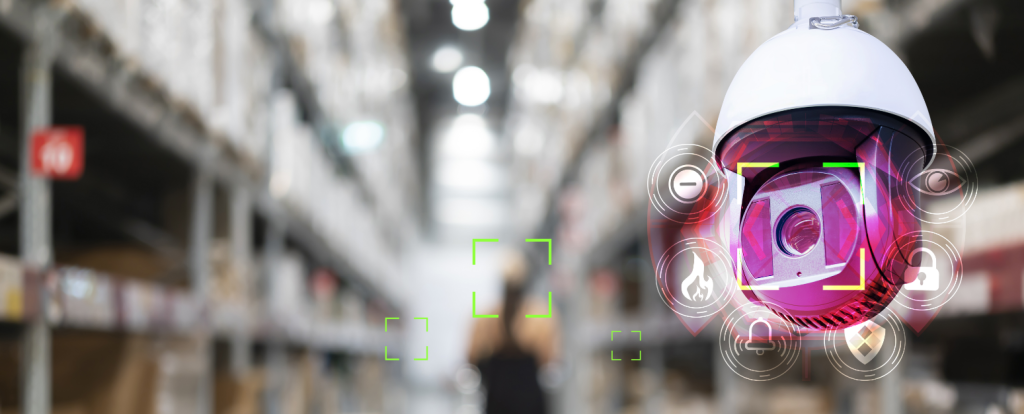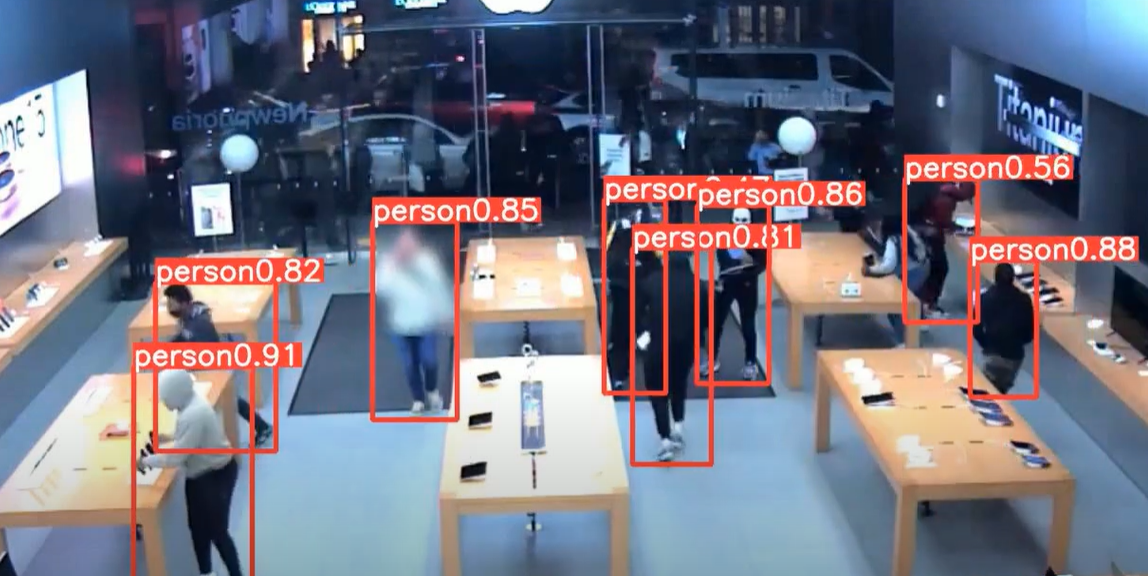Rethinking Retail Security: Beyond Locked Shelves and Short-Term Fixes

In the fast-paced world of retail, where customer satisfaction and sales are paramount, recent news about Dollar Tree and Family Dollar stores locking up items and discontinuing products due to rising theft concerns raises an important question: Are these short-term solutions worth the potential long-term consequences?
In an effort to counteract theft, it's understandable that retailers would want to take swift action. Locking up high-theft items and removing others from the shelves might seem like logical steps to curb losses. However, while these measures might provide a quick remedy, they also come with a cost that extends far beyond the balance sheet.
A Weakened Customer Experience Caused by Theft
Customer satisfaction lies at the heart of retail success. Shoppers don't just visit stores for products; they seek an experience. Walking through aisles, browsing items, and making choices are all part of the journey. When certain items are locked up, or worse, taken off the shelves completely, this journey is disrupted. The inconvenience of having to ask an employee for assistance every time a locked item is needed can lead to frustration. Over time, frustrated customers might explore alternative shopping options where convenience and accessibility are prioritized.
Moreover, the discontinuation of products can signal to customers that the store might not have what they need, eroding trust in the brand's ability to meet their requirements. This lack of confidence could drive customers away, affecting both immediate and future sales. In essence, short-term solutions like locked shelves and discontinued products might inadvertently lead to long-term revenue loss.
AI and Computer Vision Technologies Maximize Security
Retail is at a crossroads, where technological advancements are reshaping the industry. The answer to security concerns doesn't necessarily lie in locking items away, but rather in embracing innovative solutions that enhance retail security while preserving the shopping experience. This is where technologies like artificial intelligence and computer vision come into play.
Imagine a retail environment where smart cameras use computer vision to identify unusual patterns, alerting staff to potential theft before it happens. Such technology can also help in analysing shopper behaviour, allowing retailers to optimize store layouts for improved flow and better customer engagement. Instead of removing products, retailers can leverage data-driven insights to strategically place items, maximizing both security and customer satisfaction.
Furthermore, partnerships with law enforcement can turn retail spaces into safer environments without resorting to drastic measures. By collaborating with authorities and sharing information about organized retail crime, retailers can collectively work towards mitigating larger threats, ensuring the safety of both customers and employees.
Placing Bets on Long-Term Solutions
In an era of hyper-connectivity, customer-centricity, and technological advancement, it's crucial that retailers shift their focus from short-term fixes to sustainable, forward-looking solutions. Rather than locking away items and discontinuing products, let's unlock innovation and create a shopping experience that not only safeguards merchandise but also enriches the bond between customers and brands. After all, in the world of retail, success is not just about what's sold, but how it's sold. Pitaya.ai, at the forefront of this transformation in asset protection, offers advanced solutions that blend AI, computer vision, and data analytics. Our platform aims to redefine retail security while maintaining seamless customer interactions.


